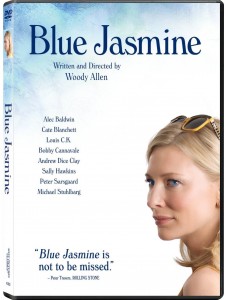Here are my 10 favorite Woody Allen films, ranked in order:
1. Annie Hall (1977)
2. Midnight in Paris (2011)
3. The Purple Rose of Cairo (1985)
4. Crimes and Misdemeanors (1989)
5. Take the Money and Run (1969)
6. The Curse of the Jade Scorpion (2001)
7. Manhattan (1979)
8. Match Point (2005)
9. Blue Jasmine (2013)
10. Small Time Crooks (2000)
10. (tie) Zelig (1983)
Here are my 10 least favorite Woody Allen films, ranked in order:
1. Everything You Always Wanted to Know About Sex* (*But Were Afraid to Ask) (1972)
2. What’s Up, Tiger Lily? (1966)
(Two of the worst movies I’ve ever seen in my life, bar none.)
3. Sleeper (1973)
4. Bananas (1971)
5. Love and Death (1975)
6. Deconstructing Harry (1997)
7. Another Woman (1988)
8. Hannah and Her Sisters (1986)
9. A Midsummer Night’s Sex Comedy (1982)
10. Celebrity (1998)
10: (tie) Husbands and Wives (1992)
I was surprised how many of Woody’s movies I didn’t like. But his films seen in context, one after another, I could definitely discern high and low points of creativity, as well as inspired versus uninspired screenwriting.
Woody Allen in the 1990s was caustic. Almost unwatchable. The patina of artistry had rubbed off and he was pure cynic, especially regarding relationships. The level of unhappiness in his characters is palpable. I can only take just so much watching people hurting each other, and themselves.
He rebounded in the early 2000s with some truly funny comedies.
And then he hit pure gold in 2011 and 2013 with Midnight in Parish and Blue Jasmine, respectively, two of his best movies – which is cool because he seems to get better the older he gets.

